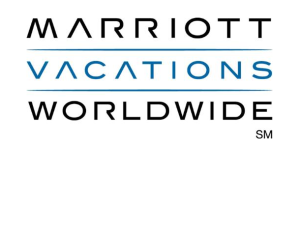Mecca’s New Timeshare Brings Mixed Emotions
Thursday, November 30, 2006
Criticism of The ZamZam, a timeshare vacation property that towers over the Islamic holy city of Mecca, has not slowed sales at the $390 million luxury resort. The ZamZam is named after one of Islam’s most holy places, a water well which, according to Wikipedia, “Many Muslims believe…is divinely blessed ([its water] is believed to satisfy both hunger and thirst, and cure illness) and make every effort to drink of this water during their pilgrimage.”

The ZamZam is part of the Abraj al-Bait development center, and is one of the largest complexes of its type in the world. In addition to the ZamZam, the project features five other skyscrapers, two helipads and a multi-story shopping mall. Since sales began two years ago in the pre-construction phase, property in the complex now sells at higher prices than those commanded by even the most desirable square footage in Manhattan or the Mayfair district of London.
Interval timeshare at The ZamZam starts at about $6,800 USD for one week in a studio during the slow season. During the month of Hajj, when an estimted 1.5 million Muslim pilgrims from around the world travel to Mecca, the price for the same unit reaches about $175,000 USD.
Alpha1Estates reports they are selling timeshare intervals to Muslims in Great Britain and throughout Europe. According to an article that appeared in The Guardian (http://www.guardian.co.uk) a brochure offered by Alpha1Estates tells buyers, “expect an average rental return of between 10% and 15% a year.” Talal Mahmood Malik, a spokesman for the real estate company says, “You could see it as a financial investment and there will be cowboys interested in making a quick buck. But most people see it as a spiritual investment. There is a massive modernization and regeneration program in Mecca but non-Muslims won’t be interested in investing. There’s nothing to do there except pray and if you’re non-Muslim you can’t get into Mecca anyway.”
To further complicate sentiments regarding The ZamZam, it was constructed by the Binladin Group, the construction firm founded by the father of Osama Bin Laden.


